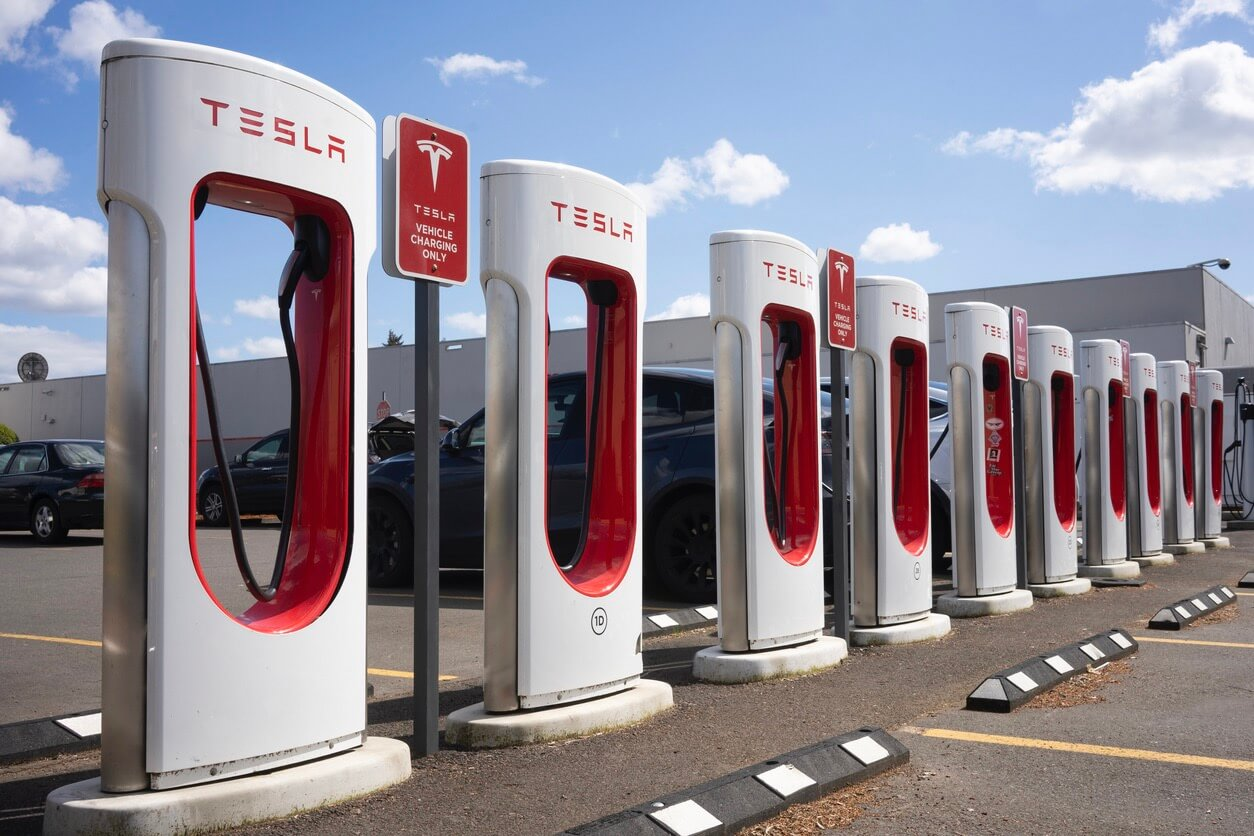In a sharp twist of irony, while electric vehicle (EV) adoption is accelerating in Germany and across Europe, Tesla—the company long credited with sparking the global EV movement—is rapidly losing market share. According to new data from Germany’s Federal Motor Transport Authority (KBA), Tesla registrations dropped more than 33% year-over-year in May 2025. The decline marks the fifth consecutive month of shrinking sales in Europe’s largest auto market.
Tesla's Sales Slump: A Worrying Pattern
The dip in Germany isn’t an isolated case. In France, Tesla’s May sales plummeted by a staggering 67%. In Spain, the brand saw a 29% decrease. The only notable exception was Norway, where Tesla tripled its sales from the year prior—led mainly by the revamped Model Y. But the broader pattern is clear: Tesla is struggling in the region where EV enthusiasm is surging.

German Buyers Turn to Alternatives
Tesla’s setbacks come amid booming demand for EVs in general. Germany saw battery-electric vehicle sales grow 45% year-over-year in May. In Spain, EV demand rose 72%. Yet, despite the rising tide, Tesla isn’t rising with it.
China’s BYD, now the world’s top-selling EV brand, saw German registrations soar ninefold during the same period. Volkswagen also outperformed Tesla domestically, with its ID.7 model outselling the updated Model Y in neighboring Sweden.
Musk’s Influence: Political Baggage Hurts Sales
While Elon Musk has attempted to downplay Tesla’s struggles—blaming a "weak" European car market—regional data tells a different story. Many analysts point to Musk’s political activity as a contributing factor. His open support for President Donald Trump and alignment with far-right European figures has triggered consumer backlash in key markets like Germany, France, and Italy.
The company has also faced on-the-ground protests in Europe, further eroding brand perception. Tesla’s first-quarter 2025 results reflect the damage: a 13% decline in global vehicle sales and the company’s lowest profit margin in four years.
A Market in Flux
The European EV market is growing fast, but it’s becoming increasingly crowded and competitive. Local automakers are pushing hard, Chinese brands are surging, and Tesla appears caught between its legacy identity and newer, more regionally attuned players. With the European Union still applying a 17% tariff on Chinese EVs, the resilience of BYD’s sales highlights Tesla’s relative vulnerability—even with a factory on German soil.
To recover, Tesla may need more than refreshed models and price cuts. It may require a recalibration of its messaging, regional strategy, and leadership tone. Whether that’s something Elon Musk is willing—or able—to do remains an open question.
See more blogs and news about Tesla on EVDANCE official website.
Recommend Reading: Xpeng Expands Its EV Ambitions in Europe With Affordable Models and Bold Tech








Share:
Study Shows Electric Vehicles Reduce Brake Dust Pollution by 83%, Offering Cleaner Air Beyond Tailpipe Emissions
White House Orders DOT to Disregard GAO Ruling on EV Funding Freeze